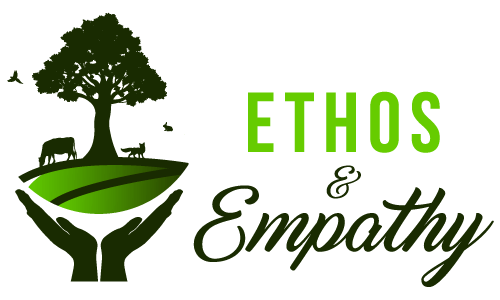On the 7th of July this year, Nandita Bajaj, the new executive director of the organization “World Population Balance” hosted a very interesting webinar with subject “Pronatalism and Overpopulation, challenging the social pressures to procreate”.
Quoting what was written on the event page:
Elisabeth Dimitras (Researcher, Greece)
Laura Carroll (Author, U.S.)
Orna Donath (Scholar, Israel)
Nandita Bajaj (Executive Director, World Population Balance)
You can watch the whole webinar here:
–
The most important question I have been asked to answer was about the way Homo Sapiens is affecting other animals, you can listen to my answer here:
The other two questions were related to pronatalism in Greece (what is driving it) and to comment on why I find problematic programs such as the one Hope Genesis is running (Greek NGO that helps Greek women who live in remote areas to have kids, the founder participates as well at the Guardian documentary).
Here are these topics:
&
I am grateful to Nandita and WPB for having invited me and for everyone’s patience with my technical difficulties that made it a bit hard for the audience to follow. That was a result of trying to keep alive a very old laptop due to my consistency to my values (or stubbornness) but I got the lesson and I now allowed myself at last to buy a new one. 🙂

